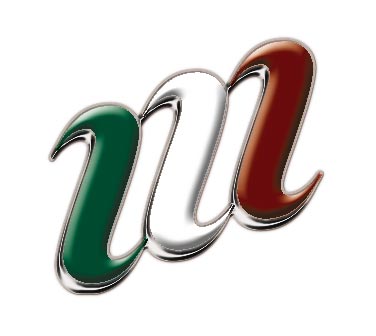Frequently asked Questions
Q: What are Collision, Comprehensive and Liability coverage?
A: Insurance policies are contracts designed to protect people in one of three ways - Liability, Collision, and Comprehensive. All States Require the vehicle owner to carry some form of liability coverage. This type of coverage pays for damages you may do to someone else or their property. You may purchase optional forms of coverage, such as collision or comprehensive, to protect yourself and your property. Collision coverage will repair or replace your covered vehicle in the event it is damaged in an accident, even if the accident is your fault. Comprehensive coverage covers perils such as fire, theft, vandalism, deer, ect. Both collision and comprehensive coverage typically require the owner to pay the first portion of the claim, called the deductible.
Q: Who are the claimants and the insured?
A: You are the insured when your policy is paying to repair your vehicle. Your deductible will usually apply. You are the claimant when someone else's insurance is paying your claim. You should not pay a deductible, and may be eligible for personal injuries to you and your occupant(s), and loss of use or rental reimbursement while your vehicle is being repaired.
Q: Who is responsible for the quality of repairs?
A: The shop you choose is responsible for the quality of repairs. As the insured, you are responsible for paying for those repairs. The insurer is responsible for reimbursing you to the limits of your policy. This is why it is important that you choose your insurer, as well as repair facility, carefully.
Q: Do I need more than one estimate?
A: No, it is up to you to decide how many estimates you would like and if you want to discuss the repairs with more than one shop. I you have selected a shop, have your insurance company deal directly with them, with notice to you.
Q: Can I have my vehicle repaired at the shop of my choice?
A: Yes, it is your responsibility, and your right, to choose who will repair your vehicle. Also, if you cannot decide on a repair facility, your insurance company can recommend a repair shop. Many insurance companies offer Direct Repair Programs that take the hassle out of the claim process and provide for quicker repairs.
Q: Will my insurance company pay for a rental vehicle?
A: Yes, if you have rental coverage. Also check with your agent or insurance company to see how much of the rental is covered; some policies pay the full amount, some will only pay a percentage. If the claim is a liability claim (the accident was not your fault), the full amount will be covered.
Q: What is the difference between the estimate and the repair order?
A: The dictionary defines an estimate as "a rough or approximate calculation only." The insurance company may provide and estimate; however, it is up tho the repair facility to discuss the repairs and provide the estimate to the owner for approval and authorization. Often it is initial impossible to estimate collision damage without dismantling the vehicle. The repair order is an actual blueprint of the repairs done to the vehicle listing the parts, their origin, the labor operations, and other relevant items. It can only be finalized upon the completion of repairs.
Q: What is subrogation?
A: Subrogation is the process by which your insurance company pays for the repairs to your vehicle, and is obligated to collect from another insurer or party. Your collision coverage will require you to pay your deductible, which may be refunded once the other party pays.
maggio collision center, llc

